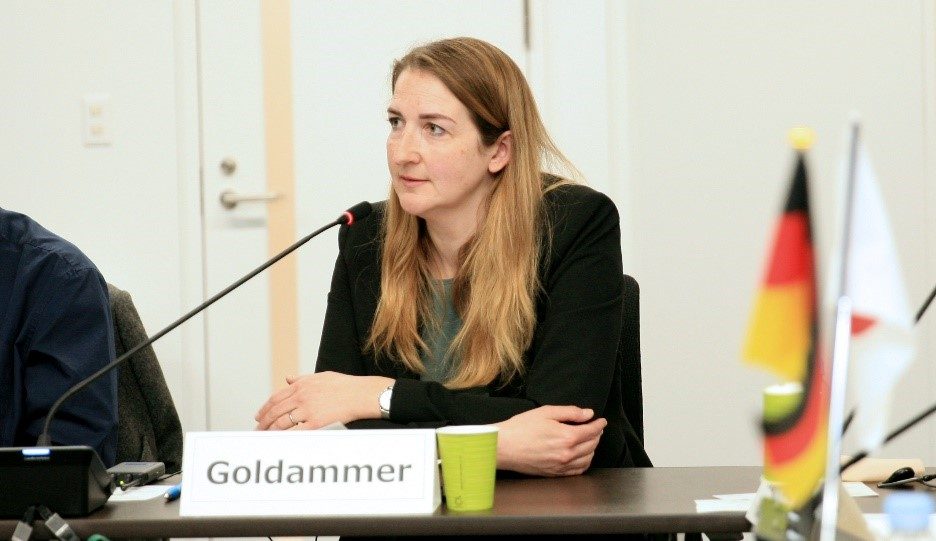Kathrin Goldammer back from GJETC trip to Japan
March 16, 2023 | Kathrin Goldammer, executive director of RLI, was in Japan from February 27 to March 3 within the scope of her membership in the German-Japanese Energy Council (GJETC). The council is a German-Japanese committee to strengthen knowledge exchange on technologies, policies and impacts of the energy transition. In its form, continuity and size, the GJETC is the first German-Japanese cooperation project on energy transition of its kind. On the occasion of the first face-to-face meeting of the Council members since the beginning of the Corona pandemic, Kathrin made her way to Kyoto and Tokyo. During her stay, she passed through several different stations.
